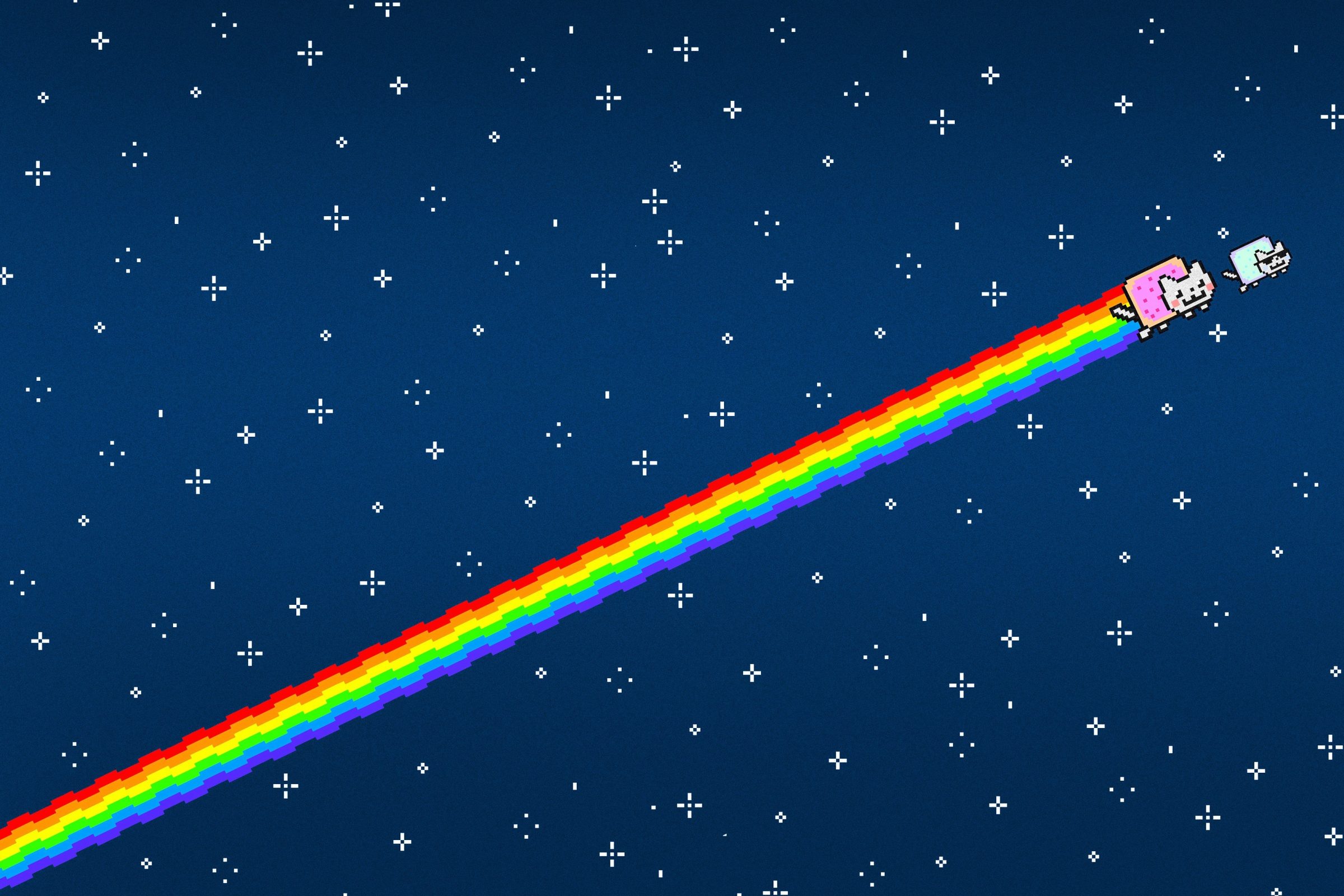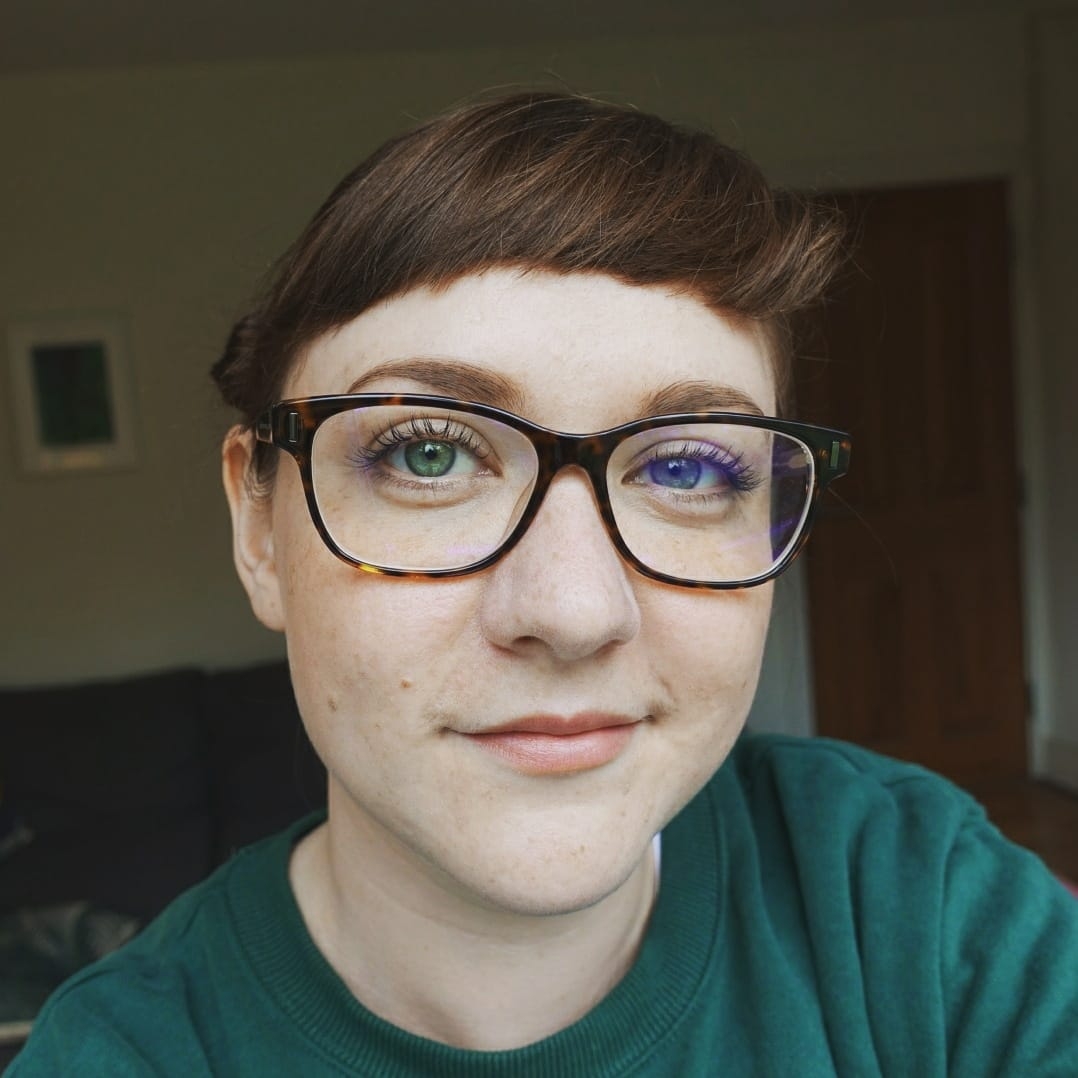YOUTUBE CHANNEL

As social media platforms have increasingly profound sociocultural impacts, qualitative researchers need to find new methodological tools for engaging critically with this changing landscape. Taking the self-reflexivity of the ethnographic method one step further, autoethnography is a methodology that reaches into the subjectivity of the researcher, using their own experience in a setting as their primary source of data.
In June 2018 I posted my first autoethnographic video entitled ‘Introducing my PhD!’. My videos have ranged from vlogs of research trips to online video conventions such as VidCon LA and Summer in the City London, reflections on my research progress, a ‘day in the life’ of a PhD student, and ‘collabs’ with other Internet culture researchers and journalists. Throughout this period, I have written regular fieldnotes about my experiences, thoughts and feelings on being a YouTube creator. Reflections have included the disappointment of a video doing badly and the excitement felt when someone leaves a positive comment, deep dives into my channel analytics, thoughts on the ways in which creators work across the multi-platform environment, and extensive musings on the ‘The Algorithm’ (as creators refer to it).
Researchers have questioned the extent to which doing something yourself can really tell you much at all about how others experience that thing. However, in my research I have found that the autoethnographic component has provided me with significant insights into the labour of online creators, from the ways in which they interact with channel metrics and the multi-platform environment, to the emotional highs and lows of trying to cultivate an audience. It has granted me access to the back end of platforms that are not visible to audiences, and insight into the ‘algorithmic imaginaries’ (Bucher 2017) of creators whose careers depend on interpreting fundamentally mysterious black boxes. Most importantly, it has deepened my understanding of the lived experiences of online video content creators. As Hine puts it, in ‘taking part for real… I experience how it feels in a visceral way that would be hard to access in an interview or observational setting’ (2015).
My YouTube channel has evolved to contain various different types of content, shown below. Playlists can be viewed here:


